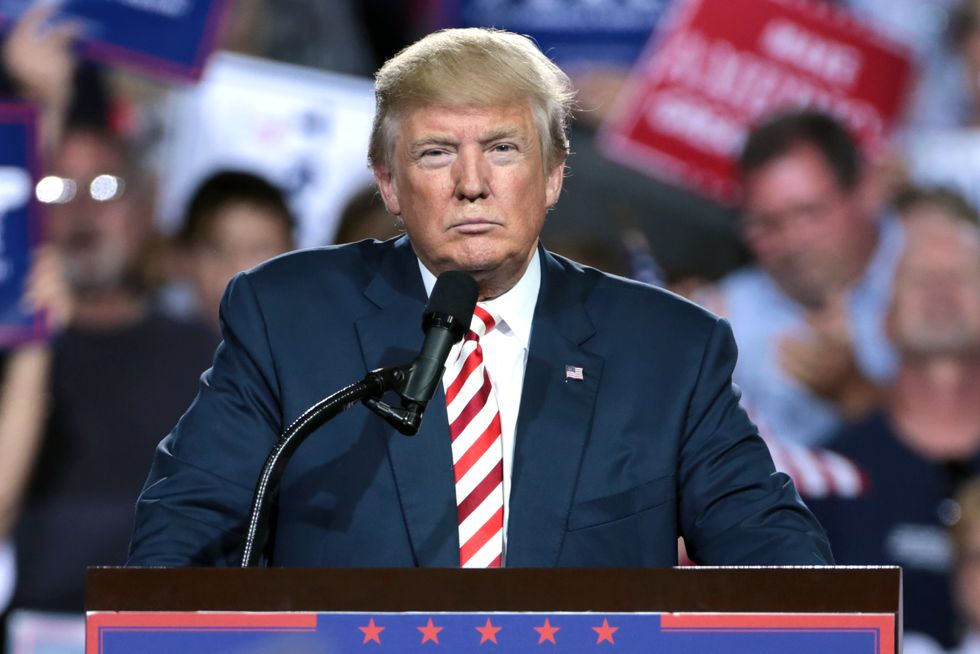“Fire and Fury: Inside the Trump White House” is full of interesting details about the way the current administration and White House operates. But, it is also full of gossip that I don’t personally find interesting. There won’t be any discussion of that gossip, but I will discuss some of the interesting portions of the book that possess at least some importance.
The first thing you should know is that Bannon was obviously a very prominent source. Like very prominent. I don’t think Bannon was ashamed to be a source either, because Michael Wolff, the author, directly quotes him in the book an absurd amount of times. It is important to consider that Bannon was fired from the White House because that probably contributes to his extreme anti-Trump slant in the book.
It is also important to consider that Wolff seems surprised at how cooperative and inclined people were to share. He claims to have conducted over 200 interviews in the process of collecting information for this book, but he also held a temporary and unofficial position in the White House. This odd quasi-job allowed him to write without having ever signed documents denoting what he was--and wasn’t-- allowed to document.
An interesting theme throughout much of the beginning of the book is just how much Trump reportedly didn’t intend on winning the election. He thought he would build his brand and increase in popularity from running and publicity stunts, he never thought he would win. This helps to explain why he didn’t attempt to cover up or deny things that more serious candidates would have made the effort to–he didn’t think he would win.
As far as interesting tidbits about how Trump operates, the book is rather insightful. Trump struggled with appointing people to now-vacant positions in the West-Wing and would apparently offer people he had never met positions for jobs he didn’t understand. He met with people in Trump Tower while he was president-elect to force them to walk publically in front of the protestors, acknowledging the oddness of the changing face of government. Trump’s life in the White House pales slightly in comparison to his old life, because he has been accustomed to servants and helpers for decades. This lack of real change/shock might help explain why he didn’t suddenly begin to act “presidential." The role didn’t seem very different from his old life. Also, he hilariously doesn’t allow housekeeping to clean unless he tells them specifically they are allowed to because he doesn’t want them touching his things out of fear of being poisoned.
Trump’s employees don’t know what his legislative or budget ideals are, so they are left to create drafts of what may-or-may-not be reflective of his views based on his tweets. Trump has a strong sense of values but lacks the understanding of implementing policies to reach those goals. His ideologies are largely unknown because he didn’t talk about them in debates or with his voters. He usually spoke passionately to try to inspire his audiences rather than to inform. Trump’s first campaign hire, Hope Hicks, worked for a PR firm famous for having “high-maintenance” clients like Harvey Weinstein, and covered up allegations against him. He also, apparently, wanted to attend the White House correspondents dinner very badly, which he was absent for, but his staff was concerned that he wouldn’t be able to take the criticism and convinced him not to appear. Trump simply doesn’t understand that he can’t make FBI investigations go away. Even if he pays, or asks them to stop, or fires the FBI director. The final takeaway: According to Bannon, “Trump is a man against institutions, and institutions know it.”
So there you have it, I took notes as I read so that I would have all of the important stuff to be able to tell you. But in all honesty, so much of the pages within "Fire and Fury: Inside the Trump White House" is full of gossip, and other information that is already widely known, that I cannot decide whether it is worth the read.



















